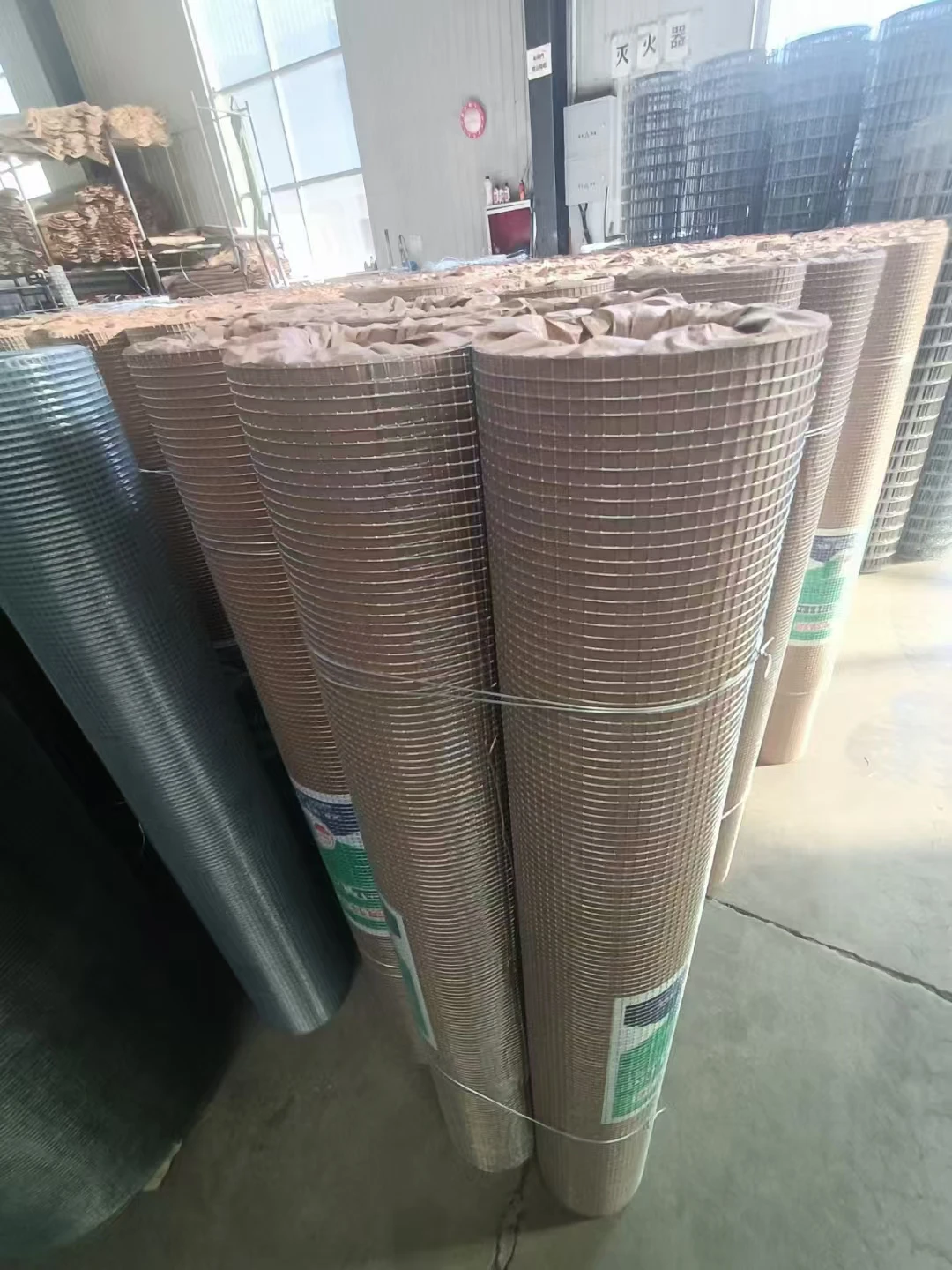-
 Afrikaans
Afrikaans -
 Albanian
Albanian -
 Amharic
Amharic -
 Arabic
Arabic -
 Armenian
Armenian -
 Azerbaijani
Azerbaijani -
 Basque
Basque -
 Belarusian
Belarusian -
 Bengali
Bengali -
 Bosnian
Bosnian -
 Bulgarian
Bulgarian -
 Catalan
Catalan -
 Cebuano
Cebuano -
 China
China -
 Corsican
Corsican -
 Croatian
Croatian -
 Czech
Czech -
 Danish
Danish -
 Dutch
Dutch -
 English
English -
 Esperanto
Esperanto -
 Estonian
Estonian -
 Finnish
Finnish -
 French
French -
 Frisian
Frisian -
 Galician
Galician -
 Georgian
Georgian -
 German
German -
 Greek
Greek -
 Gujarati
Gujarati -
 Haitian Creole
Haitian Creole -
 hausa
hausa -
 hawaiian
hawaiian -
 Hebrew
Hebrew -
 Hindi
Hindi -
 Miao
Miao -
 Hungarian
Hungarian -
 Icelandic
Icelandic -
 igbo
igbo -
 Indonesian
Indonesian -
 irish
irish -
 Italian
Italian -
 Japanese
Japanese -
 Javanese
Javanese -
 Kannada
Kannada -
 kazakh
kazakh -
 Khmer
Khmer -
 Rwandese
Rwandese -
 Korean
Korean -
 Kurdish
Kurdish -
 Kyrgyz
Kyrgyz -
 Lao
Lao -
 Latin
Latin -
 Latvian
Latvian -
 Lithuanian
Lithuanian -
 Luxembourgish
Luxembourgish -
 Macedonian
Macedonian -
 Malgashi
Malgashi -
 Malay
Malay -
 Malayalam
Malayalam -
 Maltese
Maltese -
 Maori
Maori -
 Marathi
Marathi -
 Mongolian
Mongolian -
 Myanmar
Myanmar -
 Nepali
Nepali -
 Norwegian
Norwegian -
 Norwegian
Norwegian -
 Occitan
Occitan -
 Pashto
Pashto -
 Persian
Persian -
 Polish
Polish -
 Portuguese
Portuguese -
 Punjabi
Punjabi -
 Romanian
Romanian -
 Russian
Russian -
 Samoan
Samoan -
 Scottish Gaelic
Scottish Gaelic -
 Serbian
Serbian -
 Sesotho
Sesotho -
 Shona
Shona -
 Sindhi
Sindhi -
 Sinhala
Sinhala -
 Slovak
Slovak -
 Slovenian
Slovenian -
 Somali
Somali -
 Spanish
Spanish -
 Sundanese
Sundanese -
 Swahili
Swahili -
 Swedish
Swedish -
 Tagalog
Tagalog -
 Tajik
Tajik -
 Tamil
Tamil -
 Tatar
Tatar -
 Telugu
Telugu -
 Thai
Thai -
 Turkish
Turkish -
 Turkmen
Turkmen -
 Ukrainian
Ukrainian -
 Urdu
Urdu -
 Uighur
Uighur -
 Uzbek
Uzbek -
 Vietnamese
Vietnamese -
 Welsh
Welsh -
 Bantu
Bantu -
 Yiddish
Yiddish -
 Yoruba
Yoruba -
 Zulu
Zulu
Durable and Versatile Applications of Stainless Steel Mesh in Various Industries
Exploring the Versatility of Stainless Steel Mesh
Stainless steel mesh is a remarkable material that has gained immense popularity across diverse industries due to its myriad applications and intrinsic properties. Fabricated from high-quality stainless steel, this mesh is known for its durability, resistance to corrosion, and excellent strength-to-weight ratio. These attributes make it an ideal choice in various sectors, including construction, filtration, aerospace, and food processing.
One of the foremost applications of stainless steel mesh is in the construction industry. Architects and engineers utilize it to reinforce concrete structures, providing additional strength and stability. The mesh is used in road and pavement construction, where it enhances tensile strength and helps prevent cracking. Moreover, stainless steel mesh is often employed as a safety barrier in residential and commercial buildings, offering protection without compromising visibility.
In the filtration industry, stainless steel mesh is paramount. Its fine openings allow for efficient separation of solids from liquids or gases, making it indispensable in various processes like water treatment, chemical manufacturing, and food production. The durability of stainless steel ensures that the mesh does not degrade over time, maintaining its effectiveness. Furthermore, its resistance to chemicals and high temperatures makes it an ideal choice for harsh environments.
When it comes to the aerospace sector, stainless steel mesh finds applications in a range of components due to its light weight and high strength. It is used in manufacturing aircraft cabin interiors, where its fire-resistant properties come into play. Additionally, the automotive industry utilizes stainless steel mesh for similar reasons, incorporating it in filters, screens, and protective grilles that require both durability and aesthetic appeal.
stainless steel mesh

The food processing industry also heavily relies on stainless steel mesh
. It helps in the preparation and preservation of food items, ensuring that hygiene standards are maintained. Stainless steel is non-reactive, meaning it does not impart any taste or chemicals into food products, which is crucial for food safety. High-quality mesh is often used in sieves, strainers, and food-grade screens, where it handles the rigorous demands of processing tasks.Beyond these industries, stainless steel mesh has aesthetic applications as well. It is increasingly being used in architectural designs, where it serves both functional and decorative purposes. Designers leverage its unique properties to create stunning facades, screens, and partitions that are not only visually appealing but also functional by providing security and privacy.
The versatility of stainless steel mesh extends to everyday applications as well. It is commonly found in household products such as window screens, kitchen strainers, and even decorative items. The mesh’s ability to withstand wear and tear while retaining its attractive finish makes it a popular choice for consumers.
When considering maintenance, stainless steel mesh is relatively easy to clean and maintain, adding to its longevity. A simple wash with soap and water is often sufficient to keep the mesh looking new, and it does not rust or corrode like other metals, making it an economical option in the long run.
In conclusion, stainless steel mesh is an exemplary material that demonstrates versatility, resilience, and functionality across a wide variety of applications. Whether in construction, filtration, aerospace, food processing, or design, its properties meet the demands of modern industry while satisfying aesthetic criteria. As technology continues to advance, the uses of stainless steel mesh will undoubtedly expand, further solidifying its role as an indispensable material in our daily lives and industries.
-
Shipping Plastic Bags for Every NeedNewsJul.24,2025
-
Safety Netting: Your Shield in ConstructionNewsJul.24,2025
-
Plastic Mesh Netting for Everyday UseNewsJul.24,2025
-
Nylon Netting for Every UseNewsJul.24,2025
-
Mesh Breeder Box for Fish TanksNewsJul.24,2025
-
Expanded Steel Mesh Offers Durable VersatilityNewsJul.24,2025











